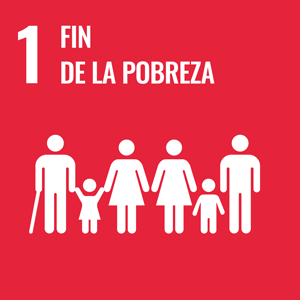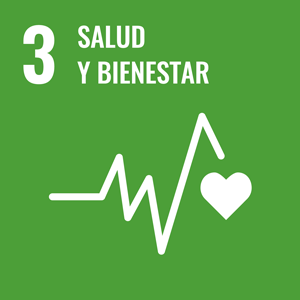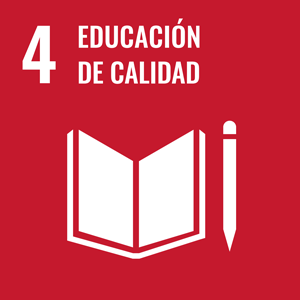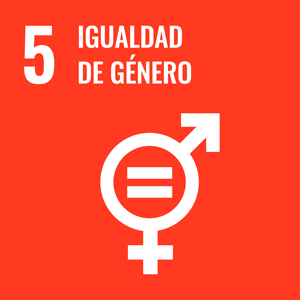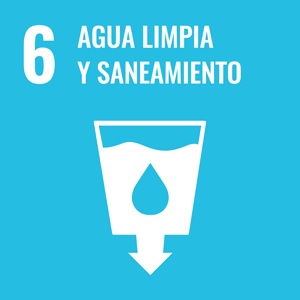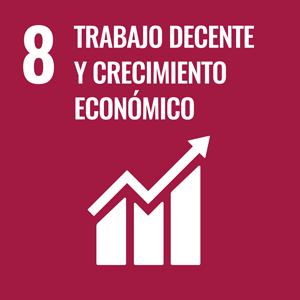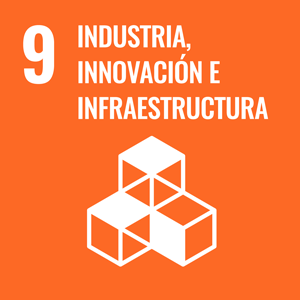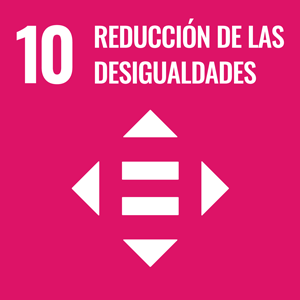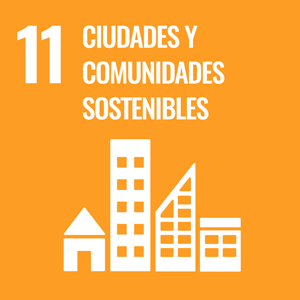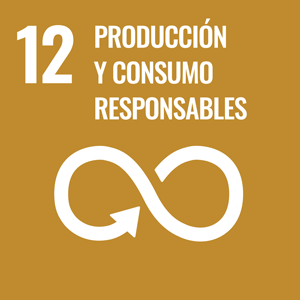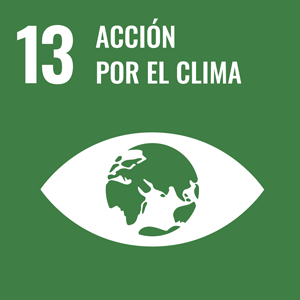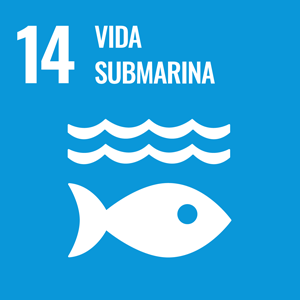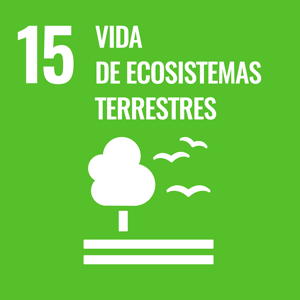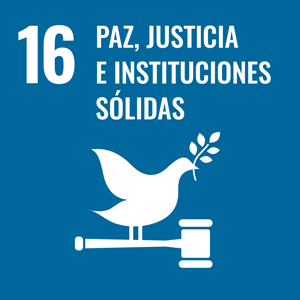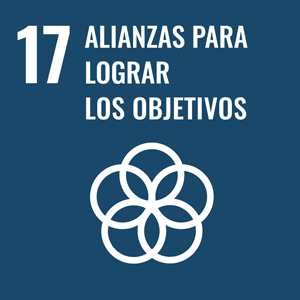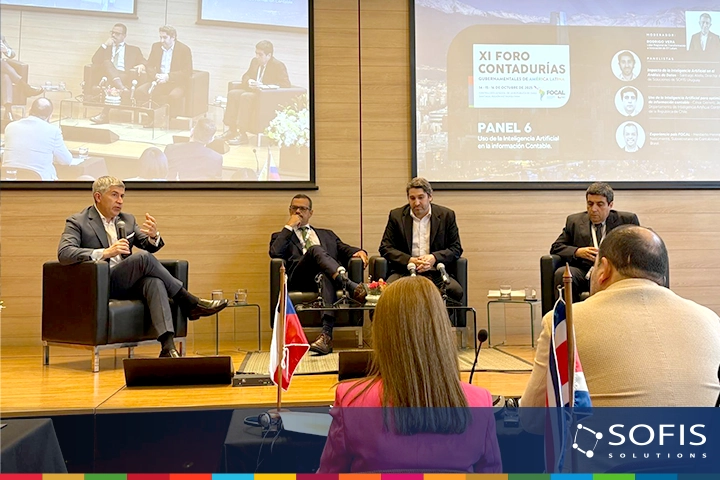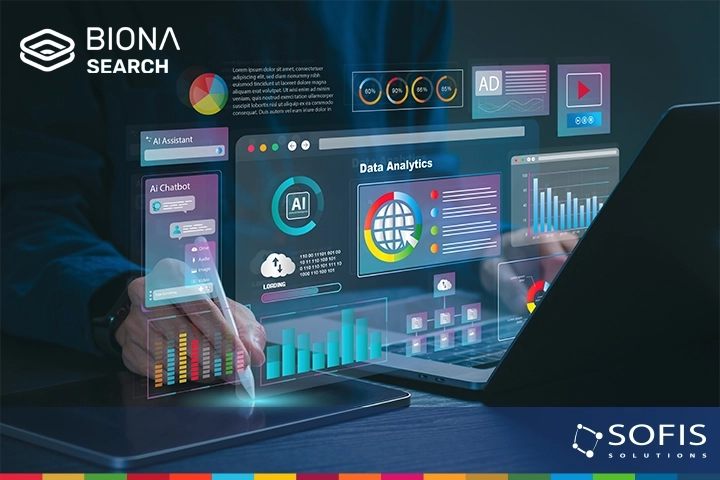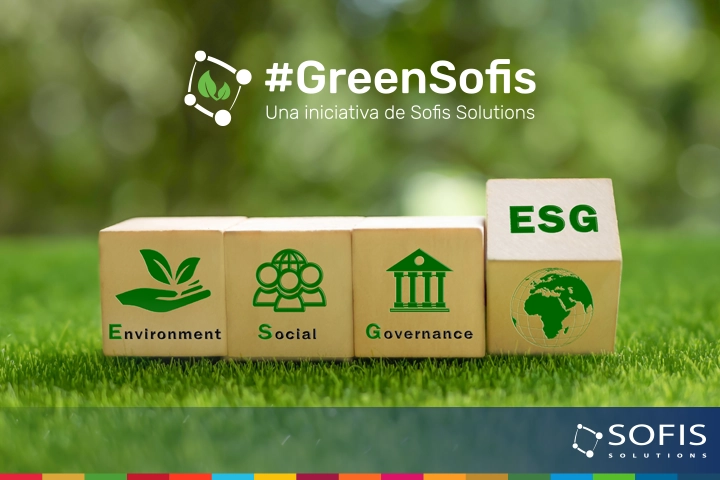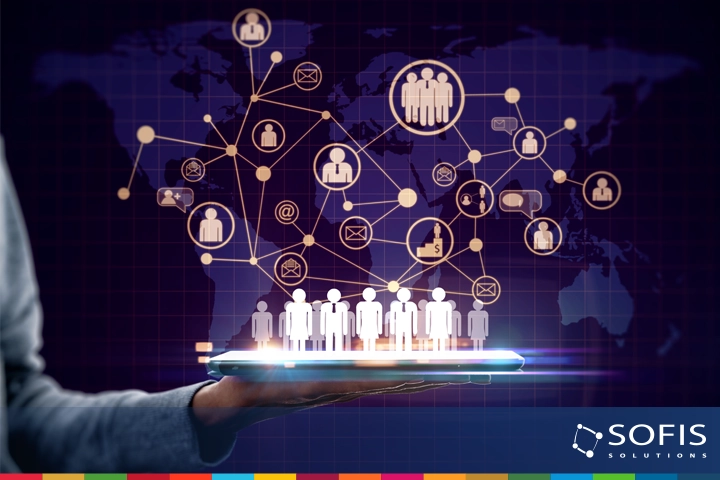-
Who we are
-
-
StrategyMission
To solve the challenges of organizations and communities through intelligent, secure, sustainable, and people-centered solutions, so they generate real value in their social and productive contexts.
VisionTo be the chosen company by organizations seeking to innovate with quality, purpose, and trust in the intelligent era.
Learn moreValues- Ethics and transparency
- Professionalism
- Respect
- Honesty
- Innovation
- Responsibility
- Effectiveness
- Integrity
- Customer orientation
- Punctuality
-
-
-
History
Sofis Solutions was born in 2005, in the city of Montevideo - Uruguay.
Since its inception, the main driver was and remains quality. This applies to processes, products, and relationships with the environment.The internationalization of the company It was one of the founding objectives. In the first stage, it expanded from Uruguay, and in the second stage, it opened offices in Latin American countries. Currently, it has offices in Montevideo, Panama, El Salvador and Ecuador.
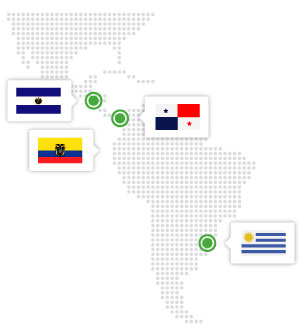
-
-
-
Alliances

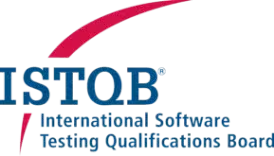



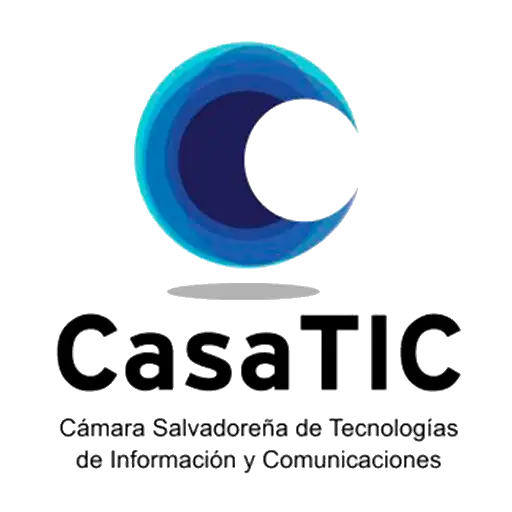


-
-
-
Certifications

CMMI-DEV-3
More informationNational Quality Award - 2023 Edition
More informationISO 9001:2015
Quality Management SystemISO 37001:2016
Anti-Bribery Management SystemISO 14001:2015
Environmental Management System
-
-
-
SustainabilityLearn more
Sofis Solutions integrates environmental, social, and governance (ESG) principles into its management and operations, driving sustainability through Digital Transformation. Its strategic approach prioritizes energy efficiency, digital inclusion, and transparency in digital governance, contributing to the responsible development of organizations.
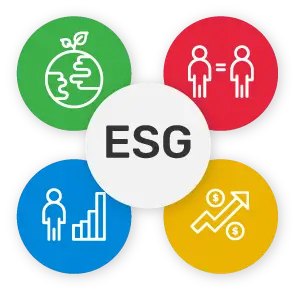
-
-
-
What we do
-
-
IT projectsLearn moreAt our Software Factory, we specialize in providing software development solutions with a focus on excellence and sustainability.
-
-
-
Software qualityOur software quality services comprehensively address the aspects or dimensions of software quality, addressing this approach throughout the entire software development cycle.
- Manual and automated functional suitability testing
- Performance testing
- Software product quality
- Software quality consulting
Learn more
-
-
-
Staff AugmentationLearn moreWhat is IT Staff Augmentation? IT Staff Augmentation is a specialized technical staffing model that enables organizations to increase their agility and respond to the changing technological needs of the market.
-
-
-
ConsultancyIn the public sector, strategic decisions and projects with citizen-centered designs and excellence have the power to transform entire communities.Learn more
-
-
-
BIonA SuiteBIonA Suite is a comprehensive platform for the intelligent management of processes and services in public and private organizations. BIonA Suite facilitates smart transformation with a focus on public value and user experience. Learn more
-
-
-
Projects
-
-
Recent projects
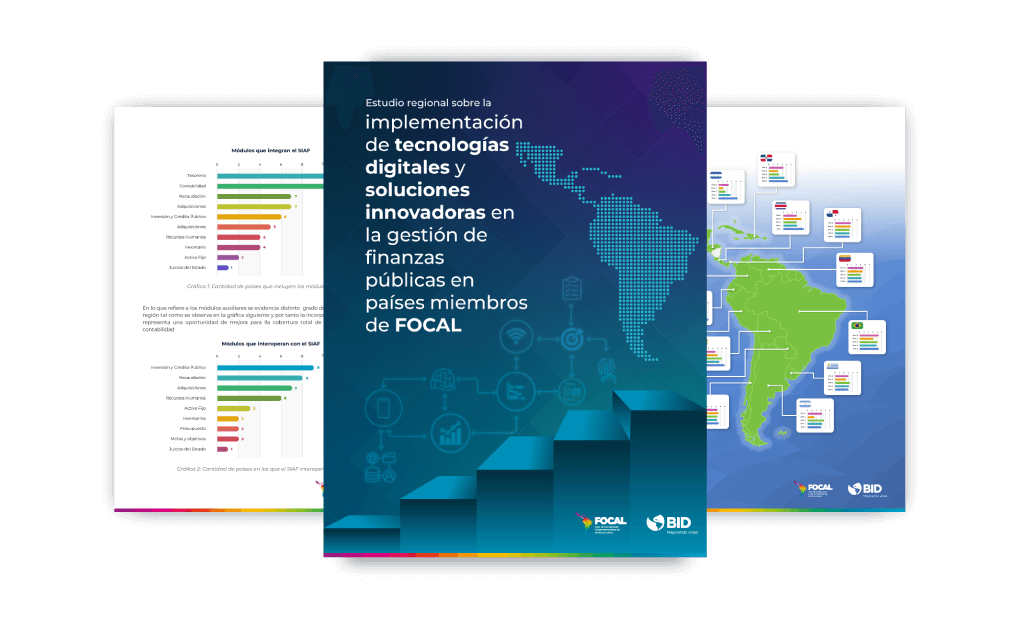 FOCAL Regional StudyFOCAL - El Salvador
FOCAL Regional StudyFOCAL - El Salvador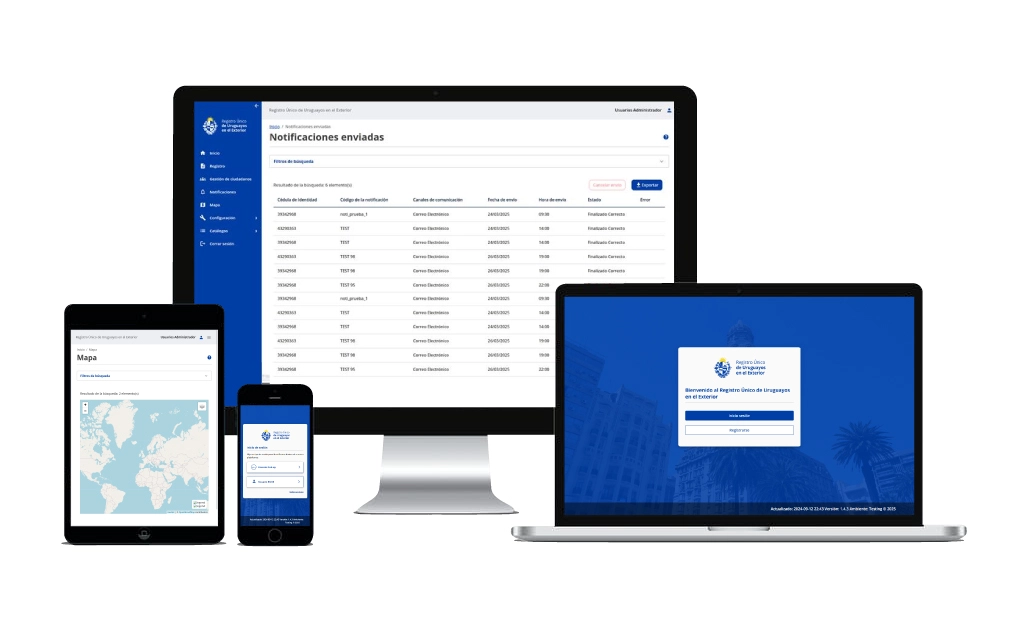 Single Registry of Uruguayans AbroadMinistry of Foreign Affairs - Uruguay
Single Registry of Uruguayans AbroadMinistry of Foreign Affairs - Uruguay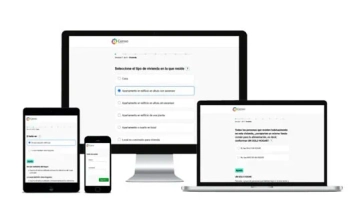 Population and Housing Census 2023National Institute of Statistics - Uruguay
Population and Housing Census 2023National Institute of Statistics - Uruguay
-
-
-
Digital Public InfrastructureWhat are Digital Public Platforms?ProjectsProducts
-
-
-
-
Mobile applicationsWe create hybrid, native, and PWA solutions for devices with Android and iOS operating systems.
Some of our projects:Digital Patrols, Ecuadorian Bovine Information System, Easy Budget UY, Digital Portfolio, SIGES Teachers App, SIGES Parents App.
Learn more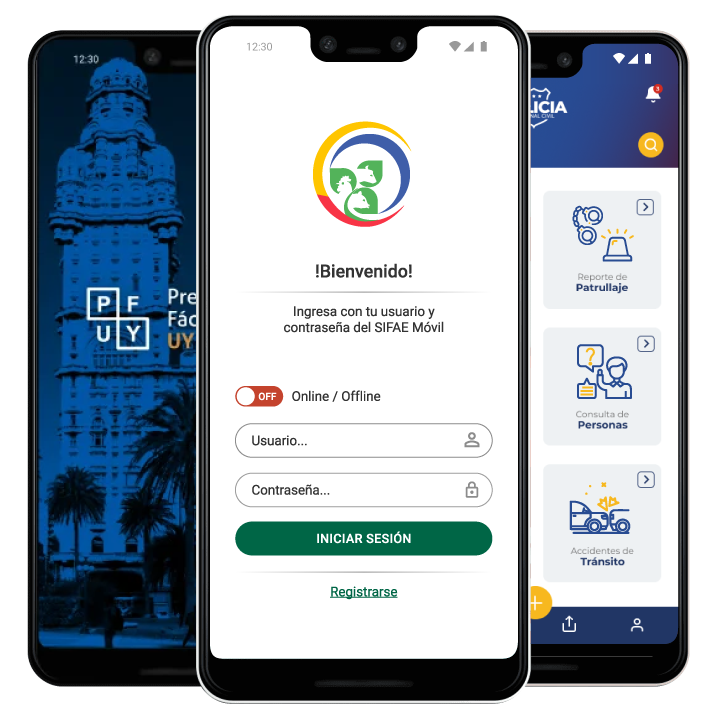
-
-
-
FOCAL regional studyThe purpose of the study was to carry out a regional analysis with the objective of identifying and evaluating the maturity level of the member countries of the Latin American Government Accounting Forum (FOCAL), currently composed of Argentina, Bolivia, Brazil, Chile, Colombia, Costa Rica, Ecuador, El Salvador, Guatemala, Honduras, Mexico, Nicaragua, Panama, Paraguay, Peru, Dominican Republic, Uruguay and Venezuela.Learn more
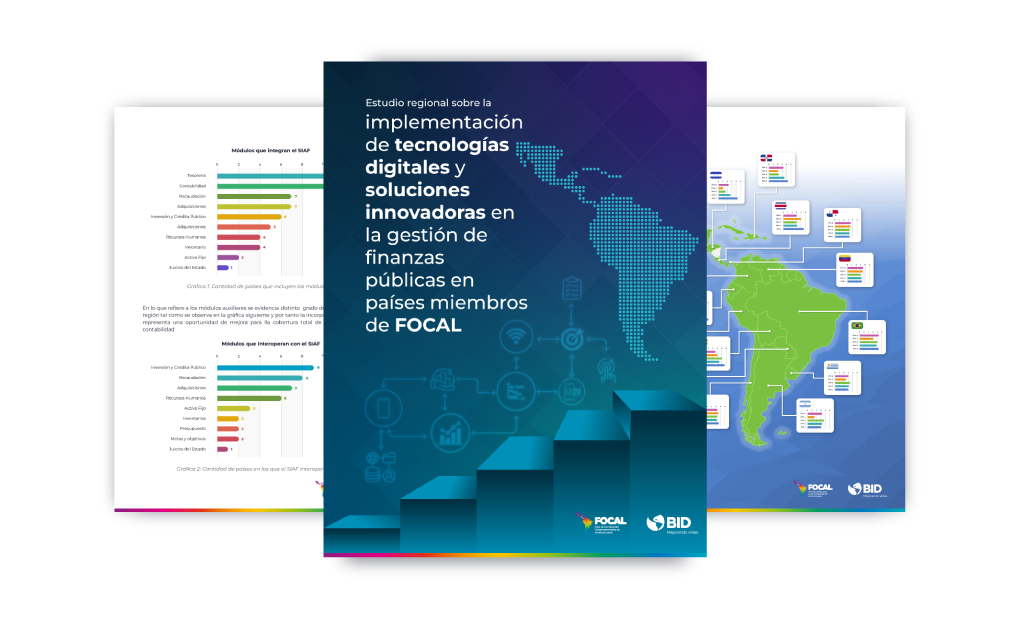
-
-
- AI
-
-
Artificial IntelligenceLearn moreAdvanced Artificial Intelligence (AI) and Big Data solutions that transform the way organizations make decisions and optimize their operations. We specialize in the development of intelligent autonomous agents and generative AI solutions using large language models (LLMs), both on local infrastructure and in the cloud.
-
- Press Room
-
-
Sustainable development
-
-
-
Interviews
 16/06/2025Virtual Threads in Java
16/06/2025Virtual Threads in Java
-
- Innovation
-
-
#GreenSofisMore information
Methodology
#GreenSofisSustainable Digital Transformation Conference
#GreenPath
-
-
-
AI For Everything
It is an initiative by Sofis Solutions, from the Intelligent Solutions Division, that promotes the adoption of artificial intelligence as a key driver of efficiency and effectiveness in the intelligent era.
It integrates both administrative and operational processes, promoting an organizational evolution where technology amplifies knowledge, optimizes decision-making, and generates value in a sustainable and inclusive way.
More information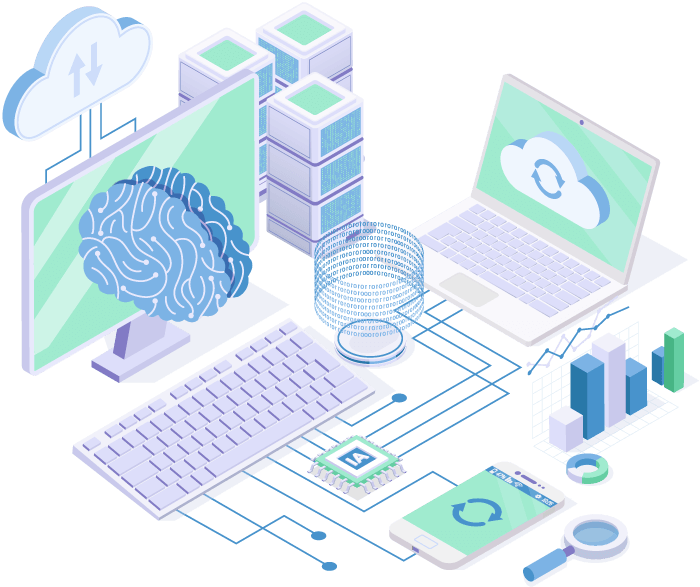
-
- Contact us
- ES PT-PT
-

Sofis Solutions launched the "Educational Information Systems" webinar series - Part One
Montevideo, October 16, 2020.
Within the framework of the webinar series "Educational Information Systems," organized by Sofis Solutions, the first virtual meeting titled "Gender Approach in Educational Information Systems" was held, where the invited speakers addressed the importance of applying a gender perspective that allows the construction of a comprehensive dimension in the design, development, and implementation of programs and public policies that contribute to reducing the gender gap in the educational field.
On Wednesday, October 14, 2020, the first webinar titled "Gender Approach in Educational Information Systems" took place with the aim of creating a space for dialogue and highlighting the importance of building information systems based on a gender perspective. This virtual meeting featured the participation of gender specialists, including Lic. Violeta Muñoz, Gender and Social Inclusion Manager at FOMILENIO II, Lic. Cristina Tello, Gender Specialist at Sofis Solutions, and Ing. Federico Mejer, Senior Education Specialist Consultant for the World Bank, European Union, UNESCO, UNICEF, and IDB, who through their experience and work in the field of Education addressed different approaches around this important topic, among them: gender as a category of social analysis, the basic variables necessary for the analysis, and the importance of having indicator systems in education.
The first presentation was given by Lic. Cristina Tello, Gender Specialist at Sofis Solutions, who began her talk by explaining basic concepts of the gender perspective, why it is important to apply it, and how educational statistics with a gender perspective focus on detecting and identifying problems and obstacles faced by women and men in the educational field.
"... It is of utmost importance to include a gender perspective from the design of information systems, which must respond to different questions based on some basic variables that allow identifying the existence of the gender gap. Among the variables needed for the analysis are: personal data (existing or system-generated identification number, date of birth, sex, marital status, urban/rural residence address, and family nucleus composition) and educational data (educational level attended) and school lag (repeaters). This information contributes to generating solutions to detected problems of possible gender inequalities in a timely manner, for the design of public policies.", states Lic. Tello.
Additionally, she shared how the gender perspective was included in the Salvadoran Educational Management Information System (SIGES), an information system of the Ministry of Education of El Salvador, implemented with the technical and financial support of FOMILENIO II and the Millennium Challenge Corporation (MCC), developed under the consultancy of Sofis Solutions. Lic. Tello highlights: "... One of the important points in the development of SIGES is that it has a unique database, around which information is organized, and through this type of architecture, it allows gender disaggregation of each variable and tracking of a person within their educational perspective. Furthermore, the design of SIGES had special emphasis on SDG 5 Gender Equality, to provide the State and Salvadoran society with an information source to monitor its goals."
To conclude her participation, Lic. Cristina Tello presented some unofficial statistical data extracted from SIGES, among them, time use corresponding to one of the dimensions measured by the information system, as it includes specific questions designed to reveal timely information for decision-making. For example, identifying the number of students who work according to their age and gender, number of working students by geographical area and gender, number of pregnant students by age and marital status; furthermore, it is possible to identify through a georeferenced map the zones where this variable is present.
The second presentation was given by Lic. Violeta Muñoz, Gender and Social Inclusion Manager at FOMILENIO II, who spoke about some initial considerations on gender and its category of social analysis, which corresponds to the starting point for generating information systems. Another point addressed was the importance of non-sexist education or coeducation, as well as some important elements of education applied to gender analysis, and finally, she highlighted FOMILENIO II’s intervention in the field of Education.
Regarding information systems, Lic. Muñoz mentions: "It is important to have a good educational information system, as well as gender analysis, which should not only focus on obtaining sex-disaggregated data, but also contribute to analyzing gender gaps and decision-making, as well as identifying gender-associated factors that affect girls’ attendance in educational centers, their development, and the generation of violence by boys. Information systems are key, and in the case of FOMILENIO II, they are of utmost importance. An example is the current SIGES information system, which allows integrating statistical data on coverage, dropout, retention of girls and adolescents, pregnant mothers, and the situation of violence in educational centers. These are some elements applied practically in education."
Additionally, she presented FOMILENIO II’s intervention aimed at improving the quality of education and increasing youth competencies for labor market insertion, focusing on 8 departments, 40 municipalities, and 349 educational centers in El Salvador. Among the areas of intervention in education are the design and implementation of the MINED Gender Policy Plan, improvement of school environments: construction, replacement, and rehabilitation of educational centers, and the improvement of MINED’s information systems, specifically the implementation of SIGES.
Moreover, Lic. Violeta Muñoz shared some important findings from the first "National Study on the perception of gender violence and sexual violence faced by students of lower secondary and upper secondary education in public and private schools," conducted in 2018 by the José Simeón Cañas Central American University (UCA) and UN Women in El Salvador for FOMILENIO II. This study provides a baseline on data important in the country’s context and the violence existing in the educational environment.
To conclude her presentation, Lic. Muñoz presented an exercise on the feminization of teaching in El Salvador, applied to SIGES, which reveals key data about the gender category, including that greater employment opportunities have been generated for women in the public sector, but at the same time, it is considered an extension of the domestic and educational role women perform, where they are seen as more appropriate to continue the educational process for girls, boys, and youth.
Thus concluded the first two presentations of the invited speakers at the webinar "Gender Approach in Educational Information Systems," organized by Sofis Solutions, who invites you to stay tuned for the next publication featuring the participation of Ing. Federico Mejer, Senior Education Specialist Consultant for the World Bank, European Union, UNESCO, UNICEF, and IDB.
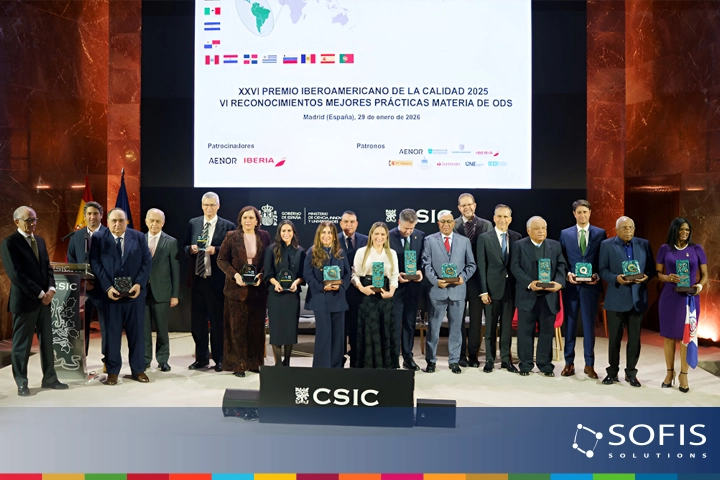
Madrid, January 29, 2026 – Sofis Solutions was honored with the Silver Award at the 2025 Ibero-American Quality Award, the highest recognition for exc......
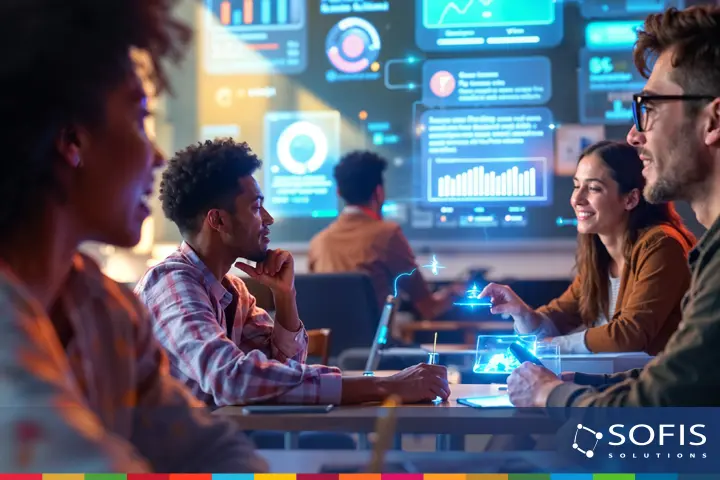
In this interview we talked with the Software Engineering Group of Sofis Solutions, a team that has been actively working on the evolution of its deve...

On November 20th, the pilot edition of Creative Bureaucracy UY 2025 took place at the Sala Verdi, the local precursor to the Creative Bureaucracy Fest...












 Digital Signature
Digital Signature BionA Suite
BionA Suite Biona SIgn
Biona SIgn